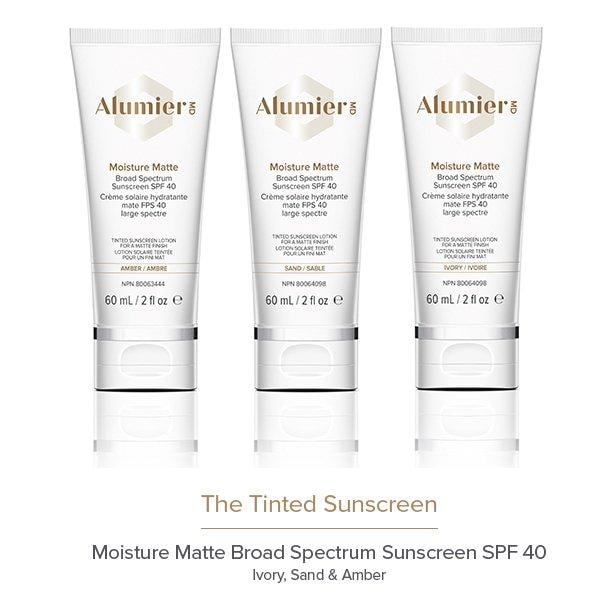Physical vs. Chemical Sunscreen: Which is Right for You?
Sun safety is important all year long to shield against UV radiation. Harmful UVA and UVB rays can not only burn the skin, but also contribute to premature aging, wrinkles, sun spots and risk of skin cancer. Beyond wearing sunglasses, sunscreen should be used everyday to protect the skin, including on the face and around the eyes. Sun protection is especially important following dry eye treatments such as intense pulsed light (IPL) and when using active ingredients like retinol. It is recommended to use a broad spectrum sunscreen, which provides coverage against UVA and UVB rays with an SPF of 30 or higher. However, not all sunscreen is made the same, and the ingredients in your sunscreen may be impacting your skin, sun protection, and the environment.
Two Types of Sunscreen
There are two types of UV filters that are used in sunscreen; chemical and physical. Chemical filters absorb UV light and convert it to heat. The most commonly used ingredients in chemical sunscreen include oxybenzone, avobenzone and octisalate. Physical filters work by reflecting and scattering UV radiation. Physical sunscreen ingredients include titanium dioxide and zinc oxide. Comparing the advantages and disadvantages of both types can help you choose the best sunscreen for your needs.

Chemical vs. Physical: What’s the Difference?
Chemical sunscreens are known to blend quickly and easily into the skin without leaving a white cast, however may take 20-30 minutes to provide full protection. Chemical sunscreens contain multiple ingredients to achieve broad spectrum, increasing the risk of skin irritation and stinging. The chemicals may be especially irritating to those with skin conditions such as melasma and rosacea. Further, chemical sunscreen ingredients such as oxybenzone are toxic to coral reefs and threaten global reef populations. These chemical filters disrupt coral reproduction and cause coral bleaching, leading to coastal regions such as Hawaii banning the sale of these ingredients.
Physical sunscreens are generally safer for children and for those with skin conditions or sensitive skin types. Mineral filters provide immediate protection, however need to be reapplied more frequently. They may also leave a white film on the skin, making them unsuitable for some darker skin tones. Newer tinted sunscreen formulas such as that offered by Alumier MD help to eliminate some of the white cast, providing more options for different skin tones. Physical UV filters have also been found safer for the health of aquatic wildlife and coral reefs compared to chemical sunscreens.

Overall, physical sunscreen is generally thought to be better and safer for long-term use. However, any sunscreen is better than none and other precautions should be taken including limiting sun exposure and covering up.
To learn more or purchase Alumier MD suncreen:
Call us at 519-473-3937 or visit the Alumier MD Webstore.

